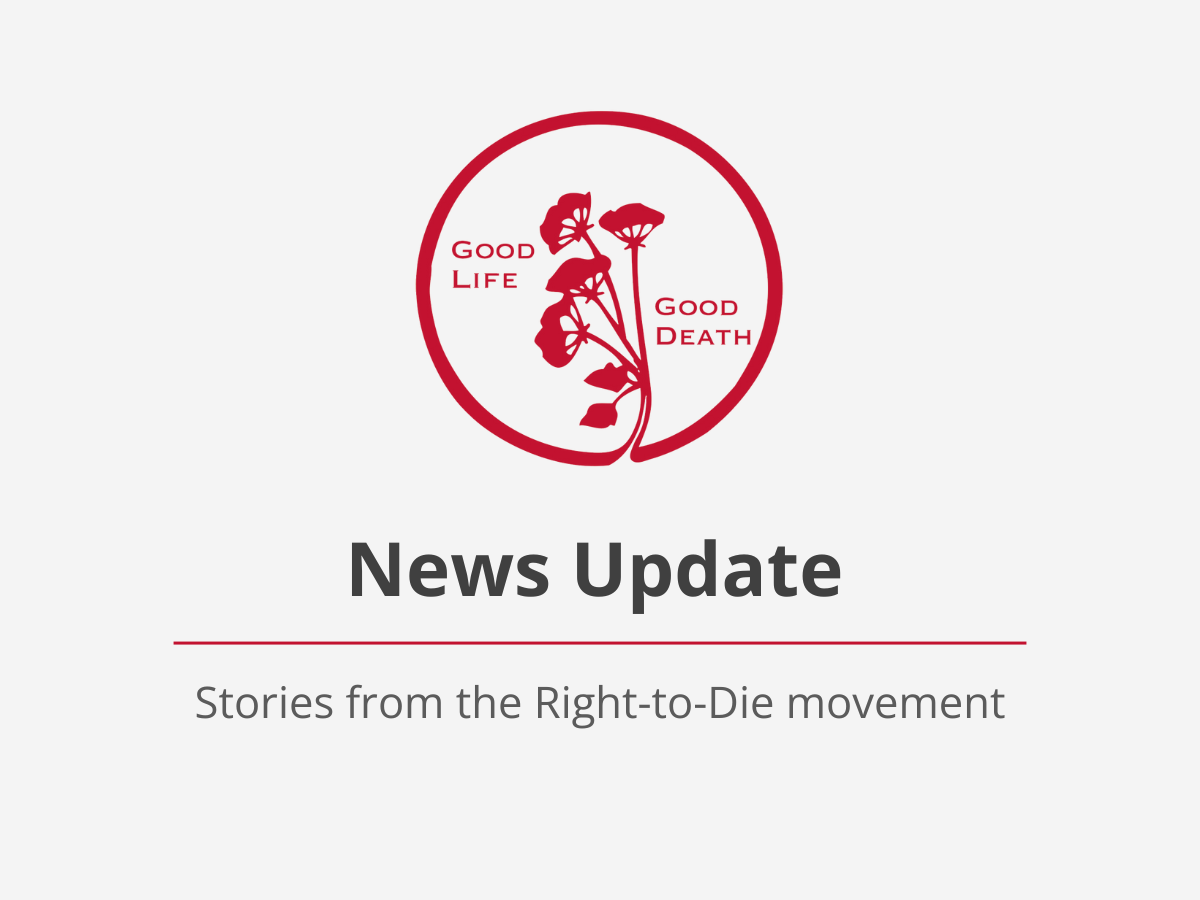The Inevitable: Dispatches on the Right to Die
The Inevitable: Dispatches on the Right to Die
by Katie Engelhart, 2021
Review by Faye Girsh
While thousands were dying from Covid 19, assisted dying laws were passed in Spain, Austria, New Mexico, being considered in both Australian and U.S. states, and expanded in Canada. Equally refreshing and hopeful is this new book by Katie Engelhart who so thoroughly and humanely explores the current dilemmas in the right to die arena. Through a journalist’s lens she presents the pros and cons of providing help in dementia, psychiatric cases, chronic illness and old age. Both clinicians and real people talk about the importance of expanding the law to include these groups.
She leaves no doubt that our current Oregon-model law is grossly inadequate for the job. The problems of self-administration are enumerated as are the requirements that a doctor determine that six months is the criterion for help. Fortunately the model presented by the Final Exit Network is demonstrated in a case of dementia as a solution for people who do not qualify for MAID (Medical Assisted Dying) as it is currently legally available in the 11 U.S. jurisdictions and the 49 where it is not.
Groups of people investigating Do It Yourself methods are acknowledged as is Dr. Philip Nitschke and his Peaceful Pill Handbook where his readers do not seek legal change but, instead, go to sources where they can, often at some risk, get the help they seek.
She ends her 284 page volume with a tribute to Derek Humphry whose best-seller, Final Exit, “set things in motion for my entire project.” This new book straddles the divide between the incremental efforts to make a humane, self-chosen death legal and the enormous demand to provide a death of their choice to people when they feel it is their time. About 50 pages of “notes” are included where she provides documentation and asides which are as readable as the book.
I did take exception to a few inaccuracies in her chronology, e.g.. Derek Humphry did not found The Hemlock Society of California in 1980. It was, of course, a national organization from the start. (We did try a Hemlock of California for a few years but it was an administrative nightmare.) She writes that Final Exit Network (FEN) started in 2004; it was actually a year later following the launching of the Caring Friends program (by me) in 1998. That was the precursor to FEN after the legislative part of national Hemlock merged with Compassion in Dying to become Compassion and Choices.
The Inevitable is not only an accurate reminder of what’s in store for all of us but a thorough, well-informed road sign of where we have to go to make the inevitability a more humane and bearable conclusion. A Good Life and a Good Death is our goal in Hemlock. Katie Engelhart could be a Hemlocker. She tells it like it is without demoting any particular solution to an inferior status; she gives us a look at all solutions. I highly recommend this new addition to our right to die literature.


This Post Has 0 Comments